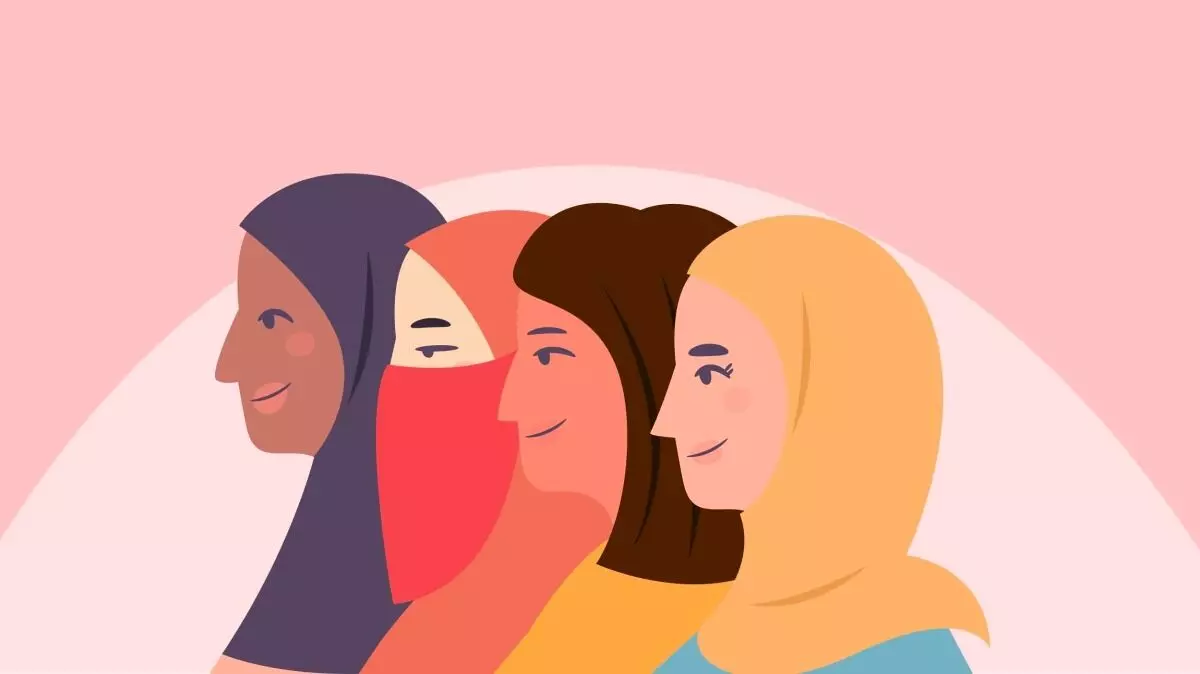Are you Priyanka or Habiba? Your name holds key for getting jobs in India
Conducted by `Led By Foundation', the study conducted over 10 months discovered that for every two job callbacks a Hindu woman receives, a Muslim woman only gets one.
By Amrutha Kosuru
A new study has revealed that Muslim women are being discriminated against in the Indian job market.
Conducted by `Led By Foundation', the study conducted over 10 months discovered that for every two job callbacks a Hindu woman receives, a Muslim woman only gets one.
Two 'equally qualified' profiles, without photographs, were created to match the market standard for entry-level roles in India. The only variable was the names- Habiba Ali for the Muslim profile and Priyanka Sharma for the Hindu profile.
Over ten months, 2,000 job applications were sent through 1,000 job postings on job search sites like LinkedIn and Naukri.com.
According to the responses received, the net discrimination rate was 47.1%, as the Hindu woman received 208 positive responses, while the Muslim woman received half of that (103).
This was evident across industries. Recruiters were more cordial to the Hindu candidate; 41.3% of the recruiters had connected with Priyanka over phone calls, while only 12.6% spoke with Habiba over a call. North India had a discrimination rate of 40% compared to jobs located in the West at 59% and South India at 60%.
The job postings were in 20 different states, with a particular concentration in Delhi (198) and Maharashtra (148), likely due to the concentration of companies in these areas. These locations display a difference of 5% and 7.2%, respectively. Interestingly, Delhi shows a net discrimination rate of 24.8% only whereas Maharashtra displays 51.4%, closer to the average, but slightly higher.
Throughout this research, the researchers applied to 90 industries and saw a disparity in the call-back rates across industries. The researchers had over a hundred data points for Information Technology and Services (160) and Marketing and Advertising (198) industries each. The difference between the call-back rates was 11.4% and 9.9% respectively. In both cases, the net discrimination rate was over 50%, with 52.8% for Information Technology and Services and 57.1% for Marketing and Advertising.
This research was conducted by Led By Foundation, an organization focused on the economic empowerment of Indian Muslim Women. It was funded by Led By Foundation and Maulana Azad National Urdu University in collaboration with the Centre for Development of Policy and Practice.